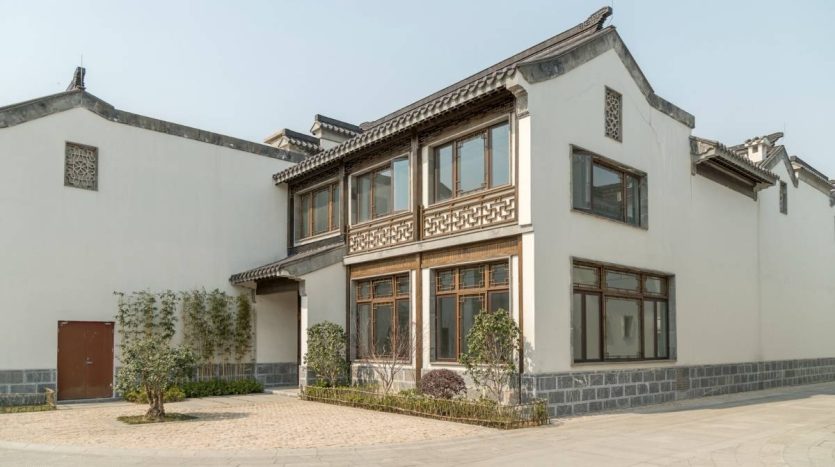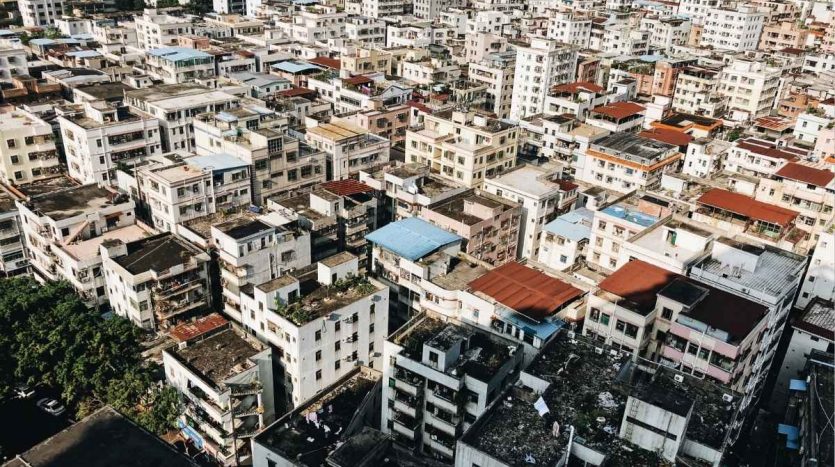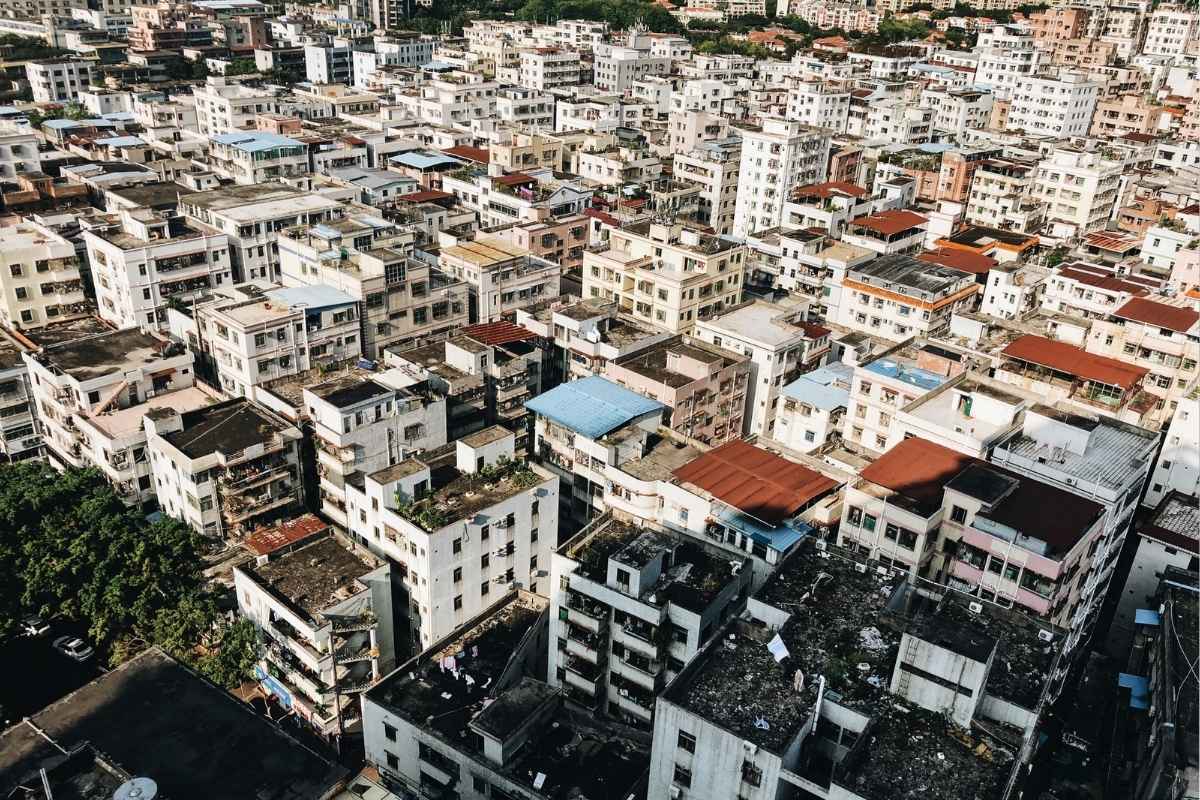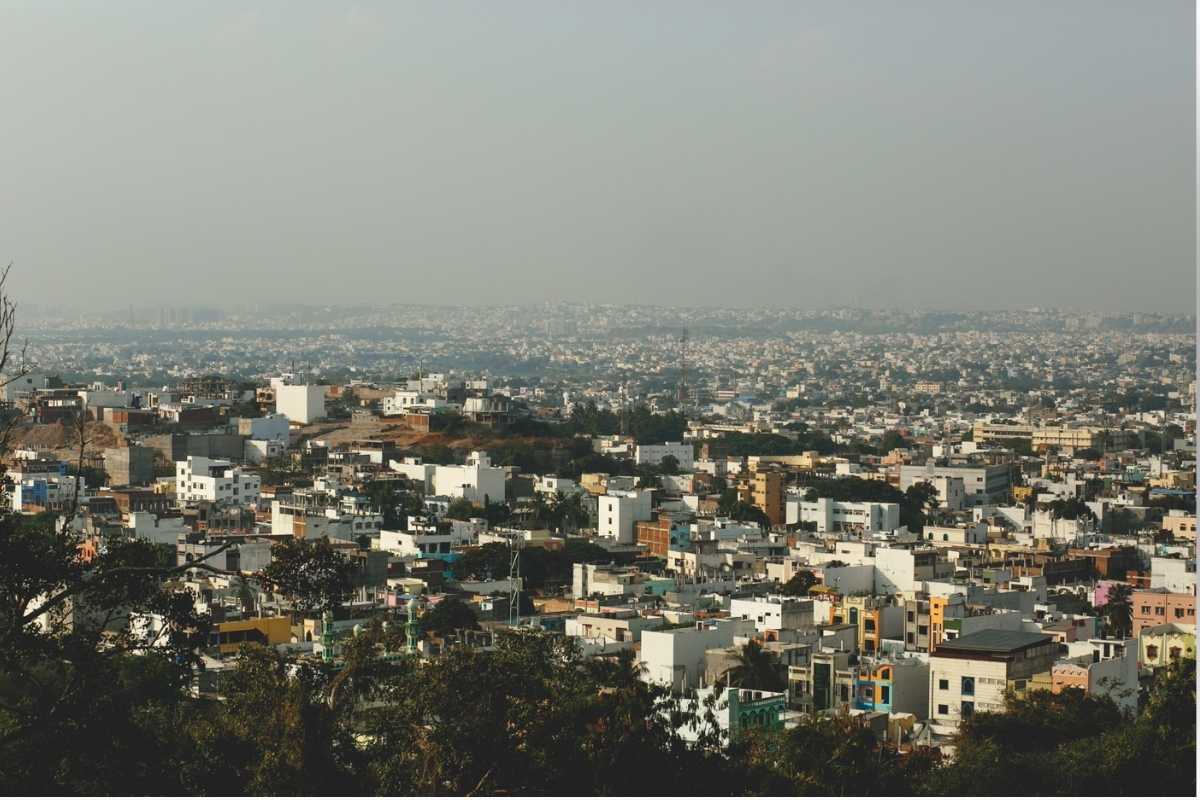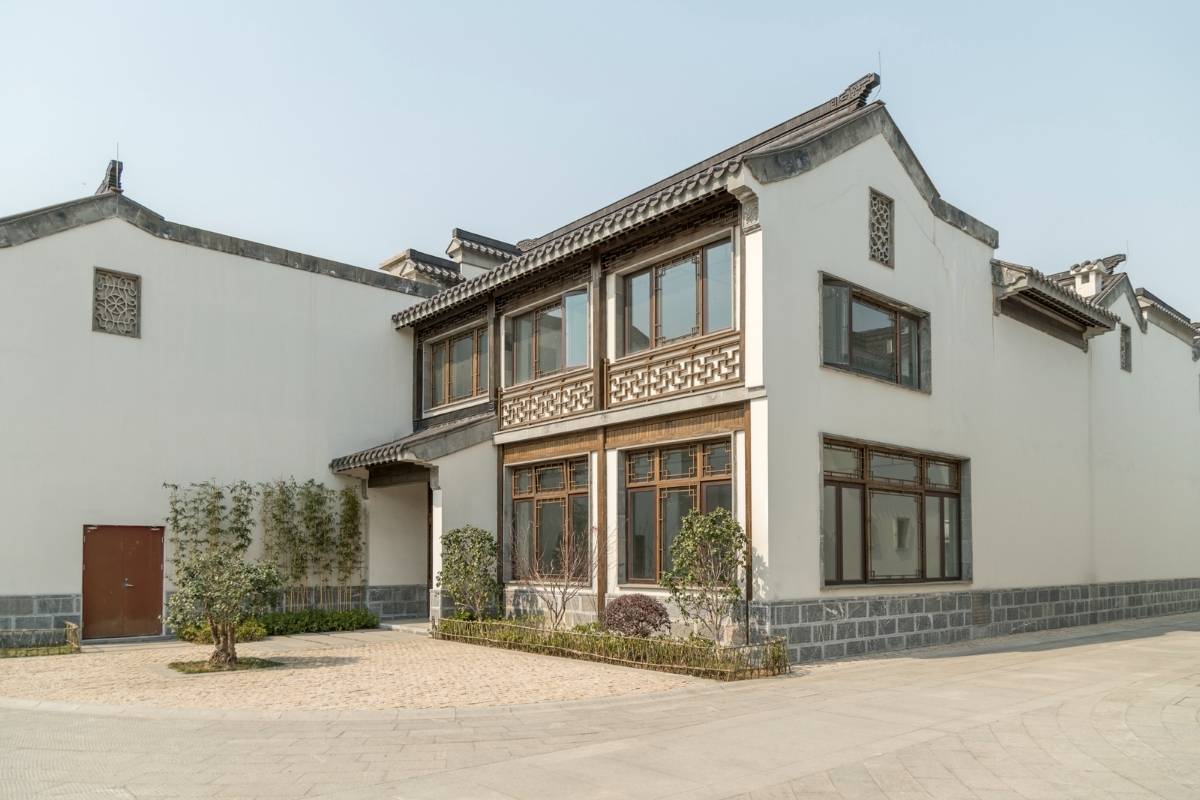Stunning Houses for Sale in India – Grab Yours Today
Introduction
Ever dreamed of owning a beautiful home in India, but didn’t know where to start. You’re not alone, and you’re in the right place. With so many stunning houses for sale in India, choosing the perfect one can feel overwhelming. From buzzing cities to peaceful suburbs, the options are endless. But knowing where to look, what to expect, and how much to spend makes all the difference. In this blog, we’ll give you a peek into the most exciting locations, current home prices in India trends, and smart tips for buying and selling houses, so you can find your dream home faster.
Top Locations with Stunning Houses for Sale in India
Are you looking for stunning houses for sale in India? Whether you’re a first-time buyer, an investor, or just someone dreaming of a perfect home, knowing where to look is the first step. India’s real estate market is vast and diverse, offering everything from luxury villas to budget-friendly apartments across metro cities and emerging towns.
In this blog, we’ll explore some of the top locations to buy homes in India, discuss current home price trends, and share practical tips for those interested in buying and selling houses.
Mumbai – Luxury and Location Combined
Mumbai remains India’s crown jewel for real estate. With a blend of high-rise living, sea-facing homes, and proximity to business hubs, it’s a hotspot for premium buyers.
Why buy in Mumbai?
- Access to top schools, hospitals, and offices
- Fast appreciation of property value
- Upscale lifestyle and vibrant city life
Home prices in Mumbai (2025 estimates):
- ₹25,000–₹40,000 per sq. ft. in prime locations
Suburban areas like Thane or Navi Mumbai offer lower prices.
Despite the high home prices in India’s financial capital, demand remains strong due to job opportunities and infrastructure growth.
Bangalore – The Silicon Valley of India
If you’re looking for a tech-forward city with great investment potential, Bangalore is a fantastic choice. Known for its pleasant climate and booming IT sector, it’s home to a large population of young professionals.
Key advantages of buying in Bangalore:
- Fast-developing outskirts like Whitefield, Sarjapur Road
- A mix of luxury villas and affordable apartments
- Ideal for both end-users and rental income seekers
Home price range:
- ₹5,000–₹12,000 per sq. ft., depending on the locality
Bangalore also attracts many people who are into buying and selling houses regularly, as it’s a dynamic and rapidly appreciating market.
Delhi NCR – Wide Range of Options
Delhi and its surrounding areas, Gurugram, Noida, Faridabad, and Ghaziabad, offer a mix of old-world charm and modern infrastructure.
Why choose Delhi NCR?
- Well-connected metro network and expressways
- Varied property options: from DDA flats to luxury condos
- Proximity to international airports and corporate hubs
Home prices in India (Delhi NCR):
- ₹6,000–₹20,000 per sq. ft., depending on the sector and location
For both buyers and sellers, Delhi NCR remains a favourable market. Its diversity makes it a common choice for those actively buying and selling houses across property types and price segments.
Hyderabad – Affordable and Growing Fast
Hyderabad has emerged as one of the best cities to live in India, thanks to its IT boom, affordability, and improved infrastructure. It’s especially attractive for middle-income buyers looking for modern amenities without breaking the bank.
Highlights:
- Well-planned gated communities in Gachibowli, Hitech City
- Competitive pricing compared to other metros
- Strong rental demand
Average home price in Hyderabad:
- ₹4,000–₹8,000 per sq. ft.
Hyderabad’s rise has also made it a hotspot for real estate investors interested in buying and selling houses for profit.
Pune – Youthful and Promising
Popular among students, IT professionals, and retirees, Pune strikes a perfect balance between urban convenience and laid-back charm.
Top reasons to buy in Pune:
- Excellent education and employment opportunities
- Rapid development in Hinjawadi, Baner, and Wagholi
- Growing infrastructure and lifestyle amenities
Home price range:
- ₹5,000–₹10,000 per sq. ft.
The market here sees steady appreciation, making Pune ideal for long-term buyers and those engaging in buying and selling houses over time.
Ahmedabad – The Emerging Smart City
Ahmedabad is quickly rising as a smart, well-planned city with affordable housing and business opportunities.
Why it’s worth a look:
- Wide roads, clean city planning
- Lower cost of living and housing
- Investment-friendly government policies
Home prices in Ahmedabad:
- ₹3,500–₹6,500 per sq. ft.
With increasing demand and affordable rates, Ahmedabad appeals to buyers who want value for money and solid returns through buying and selling houses.
Key Takeaways: Choosing the Right Location
When considering houses for sale in India, your choice of city plays a huge role in your lifestyle and long-term investment success. Here are some quick tips:
Things to Consider:
- Your budget and financing options
- Proximity to work, school, or family
- Appreciation potential and rental yield
- Local regulations on buying and selling houses
Location Quick Comparison:
City | Price Range (₹/sq. ft.) | Best For |
Mumbai | 25,000 – 40,000 | Luxury & business access |
Bangalore | 5,000 – 12,000 | IT professionals, investors |
Delhi NCR | 6,000 – 20,000 | Varied buyers |
Hyderabad | 4,000 – 8,000 | Affordable family homes |
Pune | 5,000 – 10,000 | Youthful buyers & retirees |
Ahmedabad | 3,500 – 6,500 | Budget-conscious investors |
India offers a wide range of housing options that cater to all types of buyers. From luxurious sea-view homes in Mumbai to tech-town apartments in Bangalore or affordable villas in Ahmedabad, there’s something for everyone. As the home price in India continues to fluctuate, staying informed is key. Whether you’re planning to buy your first home or looking into buying and selling houses for investment, picking the right location can make all the difference.
Understanding Home Price Trends in India
If you’re exploring houses for sale in India, it’s essential to understand how home prices are trending. Whether you’re a first-time buyer, investor, or looking to upgrade, knowing where the market stands can help you make smarter decisions.
In this blog, we’ll break down the current home price trends in India, what’s influencing them, and how this knowledge can benefit anyone involved in buying and selling houses. Let’s get started.
The Real Impact of Changing Home Prices in India
The Indian real estate market is constantly evolving. Prices are influenced by a mix of economic, social, and local factors. Knowing these trends gives you the power to:
- Identify the right time to buy or sell
- Choose locations with high growth potential.
- Budget effectively and avoid overpaying.
- Negotiate better deals on houses for sale in India.
For both buyers and sellers, being aware of the price movement is key to making informed property decisions.
Factors Influencing Home Prices in India
Home prices don’t rise or fall randomly. Several important elements impact how much you pay for a house in India. Let’s look at the most common ones:
Location
- Metro cities like Mumbai, Delhi, and Bangalore have higher prices due to demand and infrastructure.
- Tier 2 cities such as Lucknow, Indore, and Kochi are seeing steady growth at more affordable rates.
Infrastructure Development
- Upcoming highways, airports, and metro lines increase nearby property values.
- Areas under Smart City projects tend to attract higher investments.
Demand and Supply
- High demand and low inventory push prices up.
- When there’s more supply (new project launches), prices may stabilise.
Interest Rates and Loan Availability
- Lower home loan rates make it easier to buy, increasing demand and pricing.
- Rising interest rates can cool off prices by reducing buyer affordability.
Government Policies
- RERA, stamp duty reductions, and affordable housing schemes have impacted price trends positively.
- Tax incentives also encourage more people to enter the market.
All these factors play a role in shaping the current and future home prices in India.
Home Price Trends in Major Indian Cities (2024–2025)
Let’s break down what’s happening in the top cities where buyers are actively searching for houses for sale in India.
Mumbai
- Still among the most expensive cities.
- Prices range from ₹25,000 to ₹40,000 per sq. ft. in prime areas.
- Suburbs like Thane and Navi Mumbai offer more affordable options.
Delhi NCR
- Prices range between ₹6,000 to ₹20,000 per sq. ft.
- Noida and Ghaziabad are seeing fast appreciation due to new expressways and metro connectivity.
Bangalore
- Stable and rising market due to IT jobs and infrastructure.
- Prices: ₹5,000 to ₹12,000 per sq. ft., depending on locality.
Hyderabad
- One of the fastest-growing cities in terms of real estate.
- Price range: ₹4,000 to ₹8,000 per sq. ft.
Pune
- Popular among young professionals and retirees.
- Prices are growing slowly but steadily: ₹5,000 to ₹10,000 per sq. ft.
These trends show a mix of affordability and appreciation potential, depending on your investment goals.
Should You Buy Now or Wait?
This is the golden question for many people interested in houses for sale in India. While timing the market perfectly is impossible, here are a few tips:
Buy Now If:
- You’re planning to live in the property long-term.
- You qualify for a low-interest home loan.
- Prices are stable in your chosen city.
- Government subsidies or tax incentives are available.
Wait If:
- Prices in your preferred area are inflated.
- Interest rates are too high for your budget.
- You expect upcoming infrastructure changes that could affect values.
Being strategic is more important than rushing into buying and selling houses without proper research.
Tips for Buyers and Sellers Based on Price Trends
For Buyers:
- Compare price trends across different localities before finalising.
- Use online platforms to track home prices in India and recent transactions.
- Negotiate based on data, not just what brokers say.
For Sellers:
- List your home during periods of high demand (festival seasons, Q1).
- Get your property professionally valued before setting a price.
- Highlight location advantages like proximity to schools, offices, or transport.
Being informed empowers you, whether you’re buying or selling houses.
The Role of Technology in Price Transparency
Thanks to digital platforms, tracking price trends is easier than ever. Real estate portals now offer:
- Heatmaps for price comparisons
- Historical price data for localities
- Insights on ongoing and completed projects
This transparency helps eliminate guesswork when looking at houses for sale in India, especially in unfamiliar areas.
Guide to Buying and Selling Houses in India
The Indian real estate market is vast, vibrant, and full of opportunities. Whether you’re a first-time buyer looking for your dream home or an owner considering selling, having a clear understanding of the process is essential. With countless houses for sale in India, navigating this journey can feel overwhelming, but it doesn’t have to be.
In this complete guide, we’ll walk you through the key steps in buying and selling houses in India, break down the costs, discuss how home price in India is determined, and share useful tips to make your transaction smooth and successful.
Understanding the Real Estate Landscape in India
India’s housing market offers a variety of options: apartments, villas, row houses, and bungalows. Properties range from luxury homes in metropolitan cities to budget-friendly residences in Tier 2 and Tier 3 cities.
Some key trends in 2025:
- Growing demand for gated communities and smart homes
- Rising interest in Tier 2 cities due to affordability
- Increasing transparency through RERA and digital tools
Before diving into the buying and selling houses process, it’s crucial to understand what’s available and how prices vary by location.
Step-by-Step Guide to Buying a House in India
Buying a house is a major financial and emotional investment. Here’s how to approach it:
Define Your Needs and Budget
- Choose your preferred city or region.
- Decide on the type of home (apartment, villa, etc.)
- Estimate your budget by factoring in the current home price in India.
Research the Market
- Explore property portals listing houses for sale in India.
- Compare price trends in different neighbourhoods.
- Look for upcoming infrastructure or development plans nearby.
Arrange Financing
- Approach banks or NBFCs for home loan pre-approval
- Compare interest rates and loan terms.
- Check eligibility based on income, credit score, and down payment.
Legal Verification
- Ensure the property has clear title ownership.
- Verify builder approvals, RERA registration, and land use.
- Hire a legal expert if needed.
Finalise the Deal
- Negotiate the price based on market value and property condition.
- Pay the booking amount and complete the agreement to sell
- Register the sale deed at the sub-registrar’s office.
Remember, buying a house isn’t just about location, it’s also about timing. Keeping a close watch on the home prices in India can help you make a smarter investment.
Step-by-Step Guide to Selling a House in India
Selling a house also involves a process that requires planning and preparation. Here’s how to go about it:
Get the Property Ready
- Deep clean, repair, or renovate to boost appeal
- Stage the home to make it look more inviting to buyers.
Market Your Property
- Use online platforms that showcase houses for sale in India.
- Upload high-quality images and detailed descriptions.
- Share on social media and inform local brokers.
Set the Right Price
- Evaluate the home price in India based on location and size.
- Check recent sales in your area.
- Be flexible for negotiation, but have a minimum expected price.
Legal Documentation
- Keep documents ready: sale deed, property tax receipts, and ownership papers.
- Clear any outstanding dues or loans on the property.
- Prepare a sale agreement once a buyer is found.
Close the Sale
- Finalise payment method (cheque, loan, etc.)
- Execute and register the sale deed.
- Transfer possession to the buyer.
Common Mistakes to Avoid in Buying and Selling Houses
Whether you’re on the buying or selling side, avoiding these mistakes can save you time and money:
For Buyers:
- Ignoring legal verification
- Not accounting for hidden costs like registration fees and stamp duty.
- Skipping a home inspection
For Sellers:
- Overpricing the property
- Poor presentation of the home
- Missing key paperwork or delaying registration
Both parties should remain aware of local market conditions and regulations, especially when navigating buying and selling houses across different states in India.
Costs Involved in Buying and Selling Property
When Buying:
- Stamp duty and registration fees (vary by state)
- Home loan processing charges
- Legal fees and GST on under-construction properties
When Selling:
- Capital gains tax (short-term or long-term)
- Brokerage fees (if using an agent)
- TDS (Tax Deducted at Source) if the property value exceeds ₹50 lakhs
Tracking the home price in India and understanding the total cost of ownership helps buyers plan better, while sellers can anticipate post-sale deductions.
Tips to Maximise Value in Real Estate Transactions
Here are a few smart tips to keep in mind:
- Do your homework: Know your city’s price trends and regulations.
- Be patient: Finding the right property or buyer takes time.
- Stay transparent: Honesty builds trust and speeds up negotiations.
- Use technology: Online platforms provide real-time access to houses for sale in India and comparable property prices.
Whether you’re planning to buy your forever home or sell a property you’ve outgrown, understanding the ins and outs of buying and selling houses in India is crucial. From tracking the home price in India to managing paperwork and making sound financial decisions, knowledge is your most valuable asset. India’s property market is full of possibilities if you know where and how to look. So start your journey today, explore the best houses for sale in India, and move one step closer to your real estate goals.
Financing Your New Home in India
Planning to buy a home is exciting, but figuring out how to finance it can feel overwhelming, especially with so many options and variables involved. Whether you’re a first-time buyer or an investor, understanding the process is crucial.
In this guide, we’ll walk you through everything you need to know about financing your dream home, from evaluating your budget and exploring loan options to understanding the impact of the home price in India and the financial aspects of buying and selling houses.
Why Financing Matters When Buying a Home
Unless you’re paying fully in cash, a home loan is the most common way to finance a property. Smart financing ensures that your dream doesn’t turn into a financial burden.
With the growing number of houses for sale in India, having your financing in place gives you the advantage of acting fast when you find the perfect home.
Evaluate Your Financial Readiness
Before browsing listings or contacting agents, take a good look at your financial situation.
Ask yourself:
- What is my monthly income, and how stable is it?
- What portion of my income can go toward EMIs?
- Do I have enough saved for the down payment (usually 10–20%)?
- Can I cover additional costs like registration, stamp duty, and furnishings?
Lenders generally recommend that your EMI should not exceed 40% of your monthly income.
Understand the Home Price in India
The home prices in India can vary drastically depending on the location, property type, and city.
Here’s a quick snapshot of average property prices (2025 estimates):
City | Avg. Price (₹/sq. ft.) |
Mumbai | 25,000 – 40,000 |
Bangalore | 5,000 – 12,000 |
Delhi NCR | 6,000 – 20,000 |
Hyderabad | 4,000 – 8,000 |
Pune | 5,000 – 10,000 |
Ahmedabad | 3,500 – 6,500 |
When considering houses for sale, factor in not just the price per square foot but also the locality, amenities, and connectivity.
Know Your Loan Options
Most Indian banks and housing finance companies offer a variety of home loan products. Choosing the right one is crucial to ensure manageable EMIs and long-term stability.
Common Loan Types:
- Regular Home Loan: For purchasing ready or under-construction properties.
- Home Construction Loan: If you’re building a house on a plot you own.
- Home Improvement Loan: For renovating or upgrading your existing home.
- Balance Transfer Loan: To shift your existing loan to a new lender offering better rates.
Interest rates in 2025 range from 8% to 9.5% depending on your credit score, loan amount, and repayment term.
Eligibility Criteria & Documentation
Every lender has slightly different requirements, but here are the common criteria:
Eligibility:
- Age between 21–65 years
- Minimum 2–3 years of stable income (salaried or self-employed)
- Good credit score (above 700 preferred)
- Clean repayment history on existing loans or credit cards
Required Documents:
- ID proof (Aadhar, PAN)
- Income proof (salary slips, ITR, bank statements)
- Property documents (agreement to sell, approved plan, etc.)
- Passport-sized photos
Having your documents ready can speed up loan approval and disbursal.
Know the Additional Costs
Apart from the home price in India, there are several additional expenses to budget for:
- Stamp Duty & Registration: 5–8% of property value (varies by state)
- Processing Fees: 0.25% to 1% of the loan amount
- GST: Applicable on under-construction properties (5% without input credit)
- Legal & Brokerage Fees: If using agents or legal services
- Home Insurance: Optional but recommended for financial protection
These costs can add up to 8–10% over and above the property price.
Consider Government Schemes
The Indian government offers housing schemes to make homeownership more affordable:
PMAY (Pradhan Mantri Awas Yojana):
- Interest subsidy up to ₹2.67 lakhs for eligible first-time homebuyers
- Applicable to both urban and rural housing
- Income-based categories: EWS, LIG, MIG-I, MIG-II
Make sure to check if the project you’re interested in is PMAY-approved.
Tips for First-Time Buyers
Here are a few quick tips to make the financing process easier:
- Get Pre-Approved: This gives you a clear budget and strengthens your bargaining power.
- Use EMI Calculators: Most bank websites offer free tools to help you plan.
- Negotiate Interest Rates: A good credit score can help you get better rates.
- Read the Fine Print: Understand foreclosure charges, floating vs fixed rates, etc.
- Set a Realistic Budget: Don’t overextend yourself, leave room for emergencies.
Financing for Sellers – A Quick Note
If you’re on the other side of the equation and are buying and selling houses regularly, understanding financing is equally important.
- Price your home correctly by comparing it with similar listings.
- Be transparent with documentation, it attracts serious buyers.
- Consider the buyer’s financing needs and be flexible with closing timelines.
Knowing the home price in India helps sellers set realistic expectations and negotiate better.
Conclusion
Imagine waking up in your dream home, perfectly located and beautifully designed. It sounds exciting, right? With so many houses for sale in India, finding the right one might feel overwhelming, but it doesn’t have to be. Whether you’re curious about the home prices in India, exploring different cities, or want tips for buying and selling houses, this blog has you covered. We’ll walk you through the best places to buy, what to expect in the market, and how to make smart, stress-free decisions. Ready to begin your journey to a stunning new home? Let’s explore what’s waiting for you! Have questions? Contact us today to get expert guidance and personalised support.
Frequently Asked Questions
Q1. What is the average home price in India right now?
Ans. Home prices vary by city, but on average, they range from ₹3,500 to ₹40,000 per sq. ft., depending on location and property type.
Q2. Where can I find stunning houses for sale in India?
Ans. You can explore listings online, work with trusted real estate agents, or visit property expos in cities like Mumbai, Bangalore, and Pune.
Q3. Is this a good time for buying and selling houses in India?
Ans. Yes, with stable interest rates and growing demand, 2025 offers strong opportunities for both buyers and sellers.
Q4. What are the key steps to buying a house in India?
Ans. Set your budget, get loan pre-approval, research the market, verify legal documents, and complete registration.


